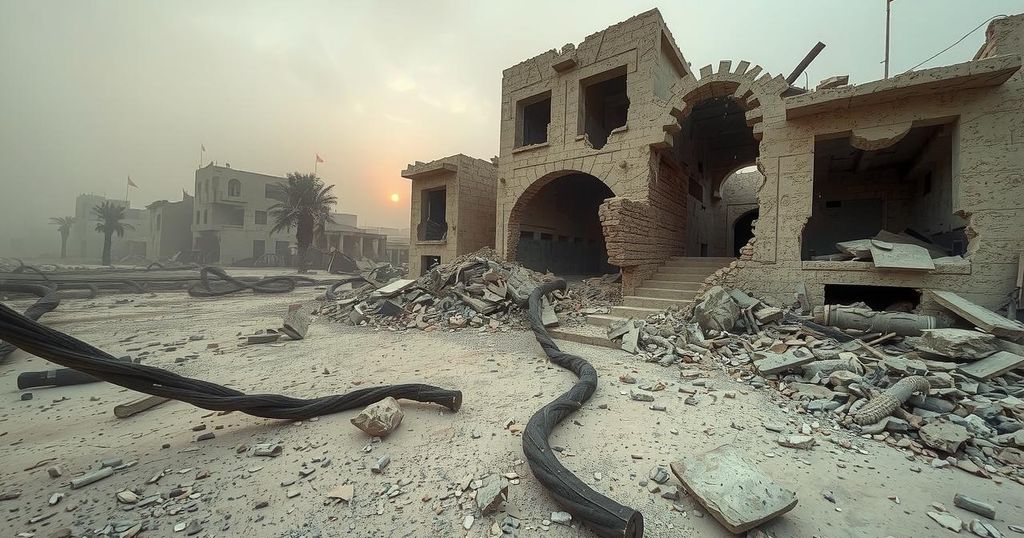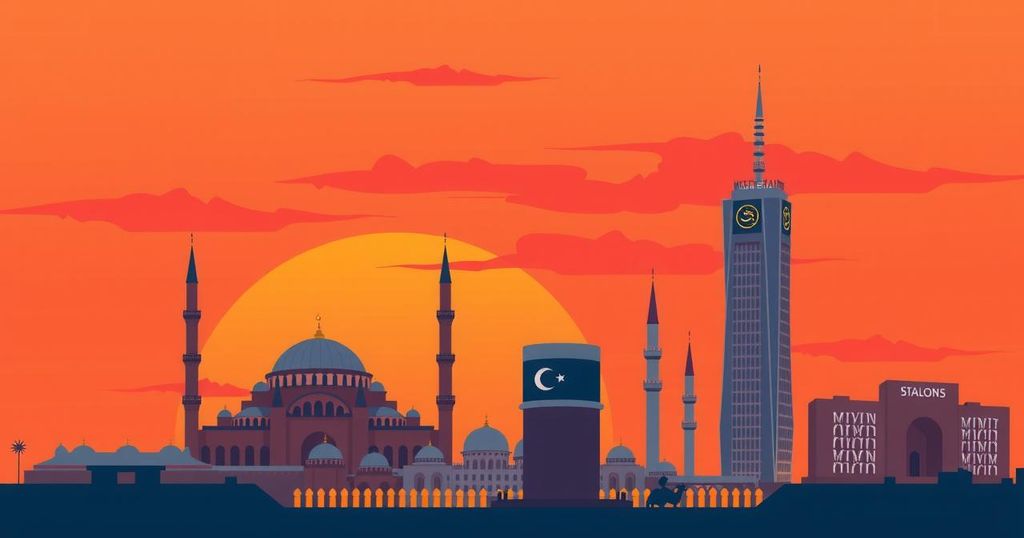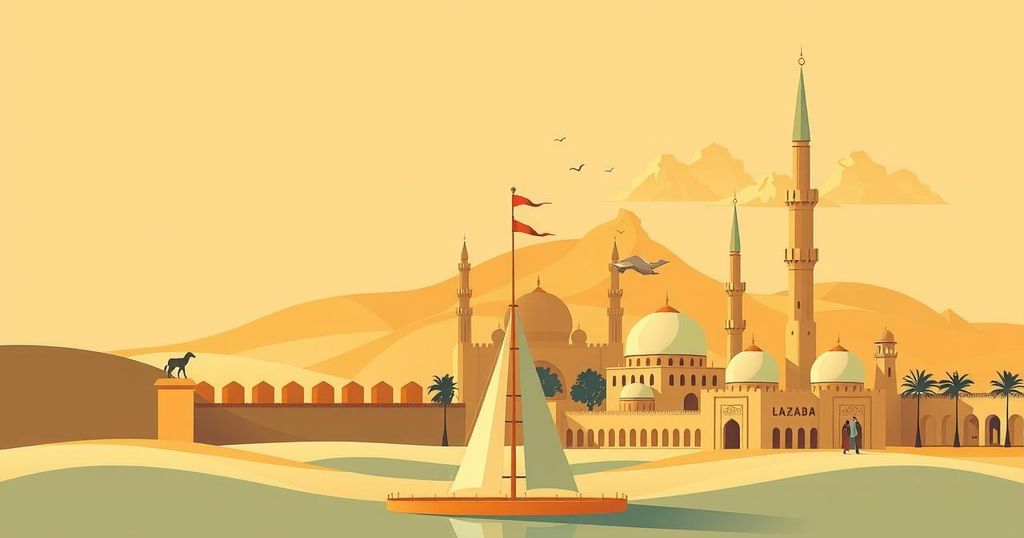President Felix Tshisekedi of the DRC has proposed enabling the US and Europe access to its mineral resources, contingent upon assistance to end the ongoing conflict. This follows US sanctions against a Rwandan military officer linked to rebel activity in DRC. The DRC, rich in minerals such as cobalt, tin, and coltan, continues to face issues of exploitation and human rights abuses, complicating international partnerships.
In a significant diplomatic effort, President Felix Tshisekedi of the Democratic Republic of Congo (DRC) has proposed the possibility of allowing the United States and European nations access to the nation’s vast mineral resources under the condition that they assist in bringing an end to the ongoing conflict in the region. During a press briefing, Presidential Spokesperson Tina Salama encouraged the US to procure essential minerals directly from the DRC rather than obtaining smuggled resources from Rwanda, claiming that these minerals rightfully belong to the Congolese people.
In a recent interview with The New York Times, President Tshisekedi expressed openness to a potential agreement on mineral resources, asserting it would lead to increased security and stability in the DRC. He referenced prior interest from the Trump administration in direct mineral procurement from his country, indicating a long-standing opportunity for strategic partnerships with the US.
This proposal follows the imposition of US sanctions on James Kabarebe, a Rwandan military officer linked to the M23 rebel group, which has been involved in conflicts and territorial seizures in eastern DRC, including in the significant city of Goma. Although the group is deemed a threat to Kinshasa, experts suggest that the distance makes an advance towards the capital unlikely.
Currently, China significantly benefits from access to Congo’s mineral resources, while the European Union maintains negotiations with Rwanda. Last year, the EU finalized an agreement with Rwanda amounting to approximately $935 million for minerals such as tin and tungsten, demonstrating the complex mineral trade landscape in the region.
Despite discussions, EU foreign ministers were unable to reach a consensus on immediate sanctions against Rwanda regarding its alleged role in the conflict but did indicate potential reassessment of their raw materials agreement. Kaja Kallas, High Representative of the EU for Foreign Affairs, emphasized the need for Rwanda to withdraw its troops and acknowledged that the memorandum regarding critical raw materials would be reviewed.
The DRC, the largest producer of cobalt worldwide, has accused Rwanda of exploiting the unrest to strip the country of vital minerals, including gold, copper, and coltan—minerals crucial for high-tech and electric vehicle manufacturing. Reports indicate that rebel groups like M23 have taken control of valuable mining areas, with smuggling operations allegedly transferring significant quantities of coltan into Rwanda monthly.
The reports also highlighted a concerning increase in Rwanda’s mineral exports, much of which is suspected to originate from Congolese mines, a claim consistently denied by Rwanda. The DRC, home to vast deposits of tantalum, tin, tungsten, and coltan, faces serious challenges regarding human rights abuses, environmental damage, and unethical labor practices in the mineral mining sector.
President Tshisekedi’s proposal for the US and Europe to engage directly with Congo’s mineral resources in exchange for peace signifies a potential shift in international relations and resource management in the region. As the DRC struggles with ongoing unrest and exploitation, this diplomatic overture may pave the way for improved security and cooperation, potentially addressing the issues of smuggling and human rights abuses associated with mineral extraction. The situation remains complex, with negotiations surrounding mineral access, previous agreements with Rwanda, and conflict dynamics all playing crucial roles in shaping the future of Congo’s vast mineral wealth.
Original Source: www.mining.com




